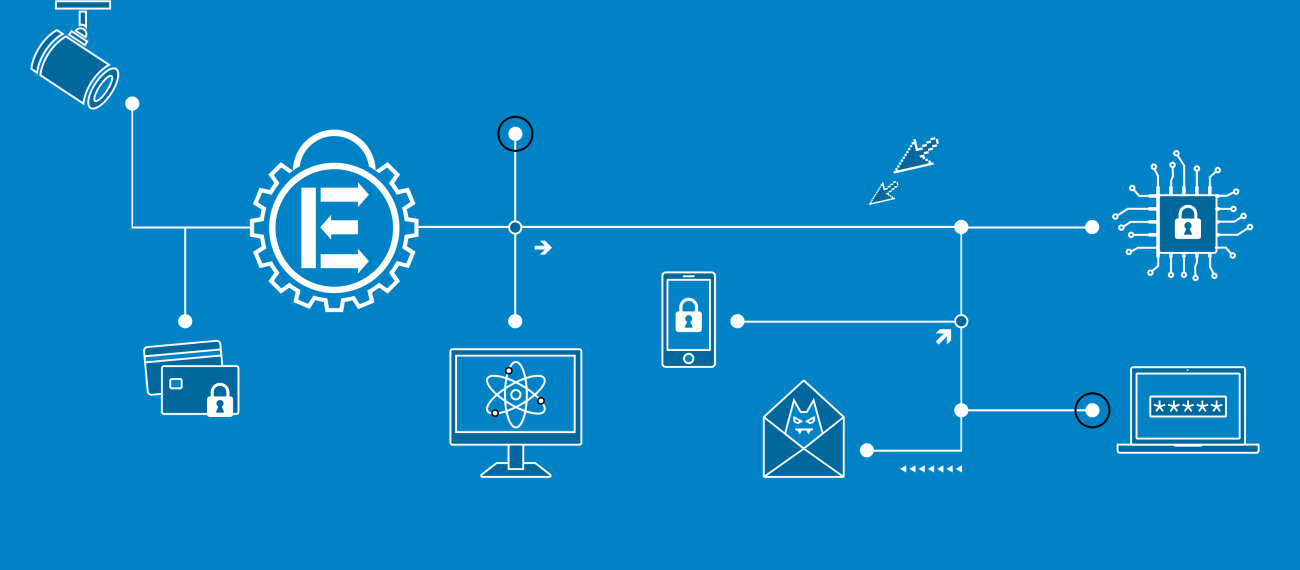Communication-Efficient Privacy-Preserving Mobile Contact Discovery
Master Thesis
Published at 28. European Symposium on Research in Computer Security (ESORICS'23)
Abstract
Mobile contact discovery is a convenience feature of messengers such as WhatsApp or Telegram that helps users to identify which of their existing contacts are registered with the service. Unfortunately, the contact discovery implementation of many popular messengers massively violates the users' privacy as demonstrated by Hagen et al. (NDSS '21, ACM TOPS '23). Unbalanced private set intersection (PSI) protocols are a promising cryptographic solution to realize mobile private contact discovery, however, state-of-the-art protocols do not scale to real-world database sizes with billions of registered users in terms of communication and/or computation overhead. In our work, we make significant steps towards truly practical large-scale mobile private contact discovery. For this, we combine and substantially optimize the unbalanced PSI protocol of Kales et al. (USENIX Security '19) and the private information retrieval (PIR) protocol of Kogan and Corrigan-Gibbs (USENIX Security '21). Our resulting protocol has a total communication overhead that is sublinear in the size of the server's user database and also has sublinear online runtimes. We optimize our protocol by introducing database partitioning and efficient scheduling of user queries. To handle realistic change rates of databases and contact lists, we propose and evaluate different possibilities for efficient updates. We implement our protocol on smartphones and measure online runtimes of less than 2s to query up to 1024 contacts from a database with more than two billion entries. Furthermore, we achieve a reduction in setup communication up to factor 32x compared to state-of-the-art mobile private contact discovery protocols.
Supervisors
- Christian Weinert
- Prof. Dr.-Ing. Thomas Schneider ( schneider@encrypto.cs.tu-…)
Publications
- Laura Hetz, Thomas Schneider, and Christian Weinert. Scaling Mobile Private Contact Discovery to Billions of Users. In ESORICS'23
Awards
1st Prize CAST IT-Security Award 2023 Category Master Thesis




